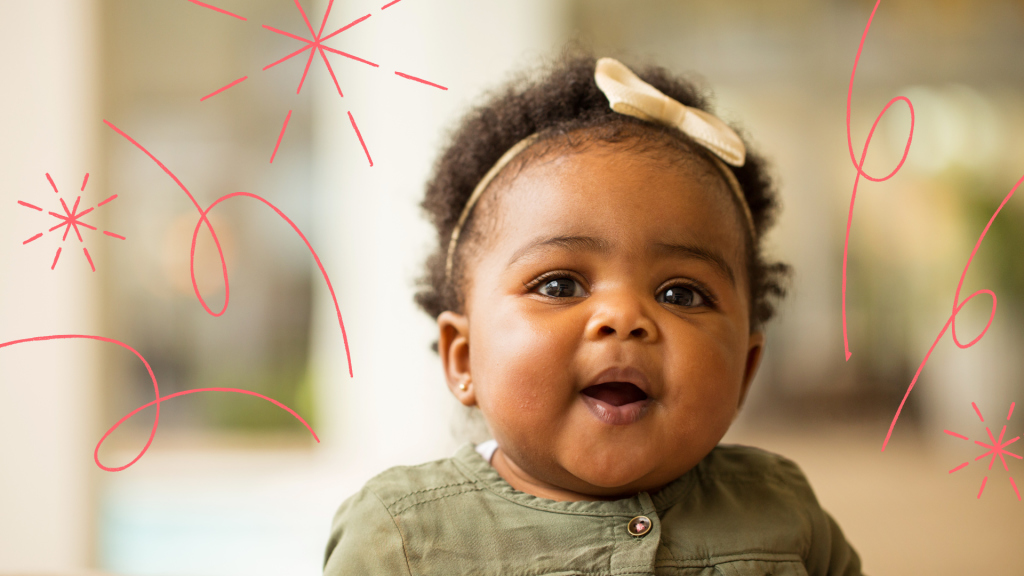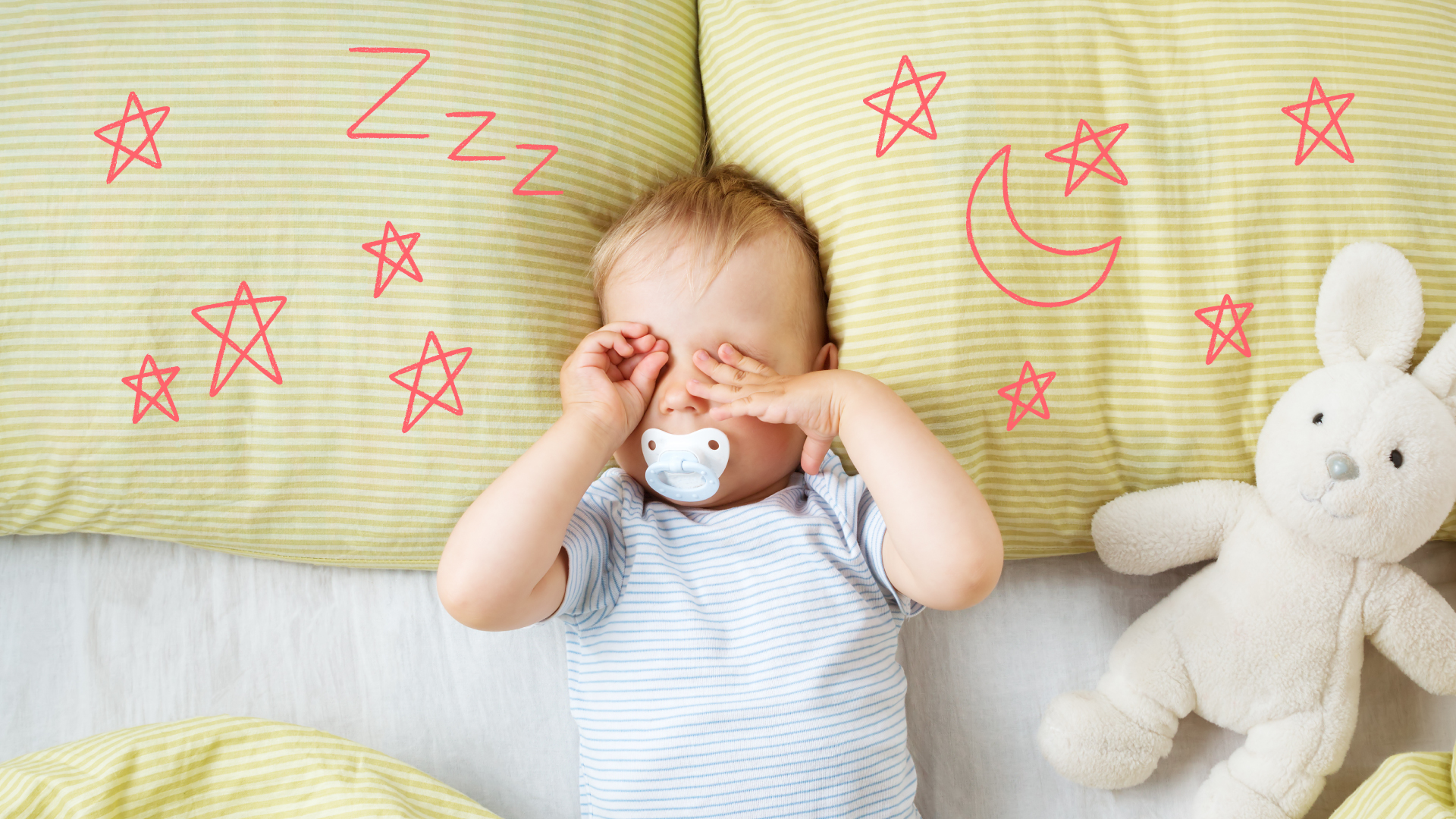
- 2 mins

As a parent, you know that a good night’s sleep is essential for your baby’s health and development as well as your own health and wellness. But what are the best ways to help your baby sleep through the night?
A consistent bedtime routine will signal your baby that it is time to wind down and sleep. Try to stick to the same daily routine. For example, this might include a bath, storytime and/or a lullaby, and a few minutes of cuddling.
It may seem counterintuitive, but putting your baby to bed while they are still awake will help them learn to fall asleep on their own. Once they are in their crib, give them a few minutes to drift off to sleep.
The recommended sleeping position for a baby is on their back. This is especially important during the first year of their lives to reduce the risk of Sudden Infant Death Syndrome (SIDS). In addition, The American Academy of Pediatrics (“Safe Sleep,” n.d.) recommends keeping loose blankets, pillows, stuffed toys, and other soft items out of the baby’s crib.
An overtired baby will have a more challenging time falling asleep and staying asleep. Watch for signs of fatigue and put your baby to bed before they reach the point of exhaustion.
The “blue light” that emanates from TV, computer, and phone screens can stimulate a baby’s brain and make it harder for them to fall asleep. Turn off brightness or close these devices at least an hour before a baby’s bedtime.
If your little one uses bedtime stories, music and white noise apps (like Moshi) to help them get to sleep, be sure to keep the screen turned off. Or better yet, connect them to a Bluetooth speaker.
A dark and quiet room will help your baby relax and sleep more soundly. Make sure their crib is comfortable and free of loose blankets, toys, or pillows.
Check out our blog How to Dress Babies for Sleep in Summer to learn about what to consider when selecting sleepwear for your little one. Generally, the rule of thumb is that a baby should be dressed in one more layer than what you are comfortable with.
According to Korownyk and Lindblad (2018), sleep training from a young age could improve your baby’s sleep within one week. The study examined sleep training where a caregiver would put their baby to sleep when they were drowsy and then leave the room (after cuddles and reassurance). If the baby cried, the caregiver would wait 2 to 5 minutes and then provide a quick reassurance, without picking the baby up. These increments were slowly increased until the baby’s sleep had improved.
The goal of these strategies is more sleep—for both you and your baby. I am excited for you to try some of them and get back some of those precious hours of sleep!